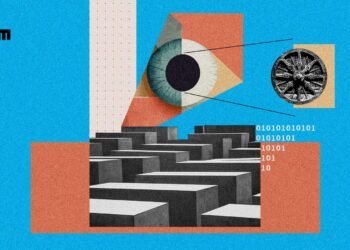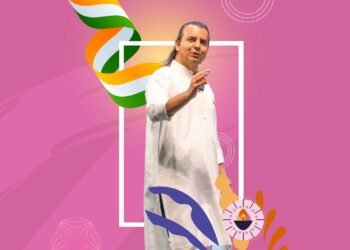During the height of the Kendrick Lamar–Drake beef earlier this year, diss tracks and responses were being exchanged rapidly on social media. Amidst the chaos, comedian and creator Will Hatcher made history when his song “BBL Drizzy” was sampled by legendary hip-hop producer Metro Boomin for his diss track instrumental of the same name. This move gained Metro Boomin notoriety for being the first major producer to use an AI-generated sample, according to Billboard.
Hatcher, who goes by the alias King Willonius, had released “BBL Drizzy” in April, inspired by a Rick Ross post that joked about Drake getting a Brazilian butt lift. The song gained popularity on X as Ross’ diss trended, but the hype eventually died down and Hatcher moved on to the next meme. However, a few weeks later, Metro Boomin used the track in a beat and encouraged his followers to rap over it, offering a prize of $10,000 and a free beat to the best one. This propelled “BBL Drizzy” to new heights, landing Hatcher in outlets like Vulture and The Guardian, where he clarified that while the music and vocals were AI-generated, the lyrics were all his.
While AI may not be able to come up with lyrics like “thicker than a Snicker,” its capabilities in creating music are rapidly advancing. Just last week, Google released MusicFX DJ, which allows anyone to create new songs live by simply typing text prompts. Suno, a music generator, also announced that mega-producer Timbaland would be joining as a strategic adviser, and offered a $100,000 prize for the best AI-assisted remix of his new song “Love Again.”
However, the use of AI in music has also sparked controversy, with music labels suing AI music generators like Suno and Udio for copyright infringement. These companies argue that their tools are trained on copyrighted recordings, but claim that using them falls under fair use.
Despite the controversy, Hatcher remains a proud advocate for AI tools in music. The success of “BBL Drizzy” and the popularity of AI content on his social media channels show that the landscape of AI music is rapidly changing, with more creators finding ways to use AI to produce not just curiosities or oddities, but massive hits. Hatcher, who has been in the content creation industry for nearly two decades, started using AI to create music only a few months before “BBL Drizzy,” making him a seasoned expert in the field.



















